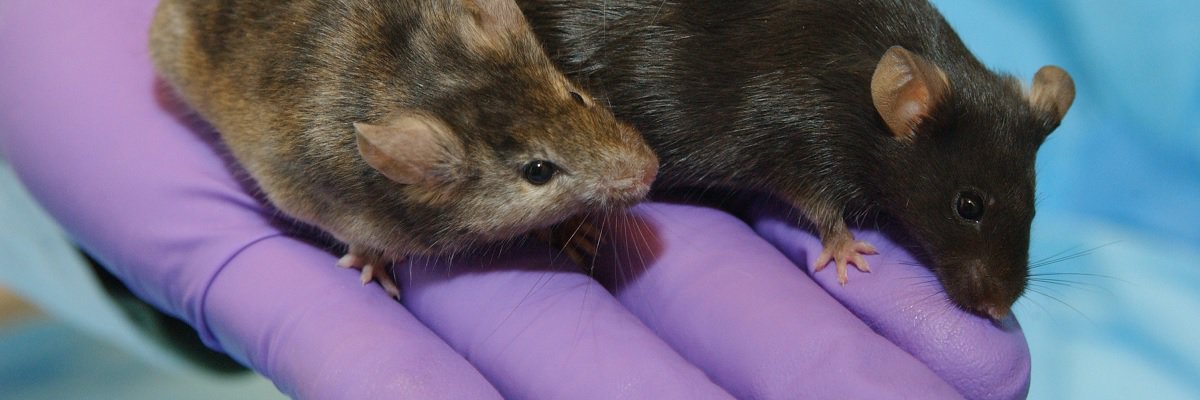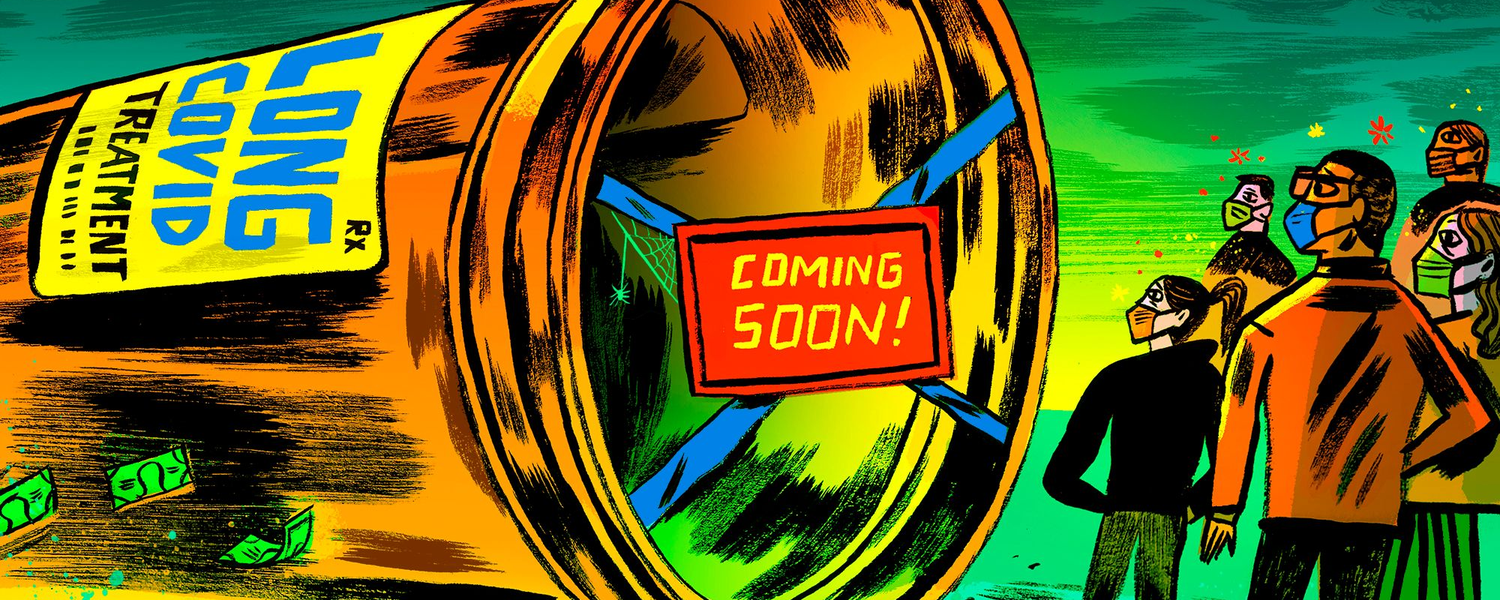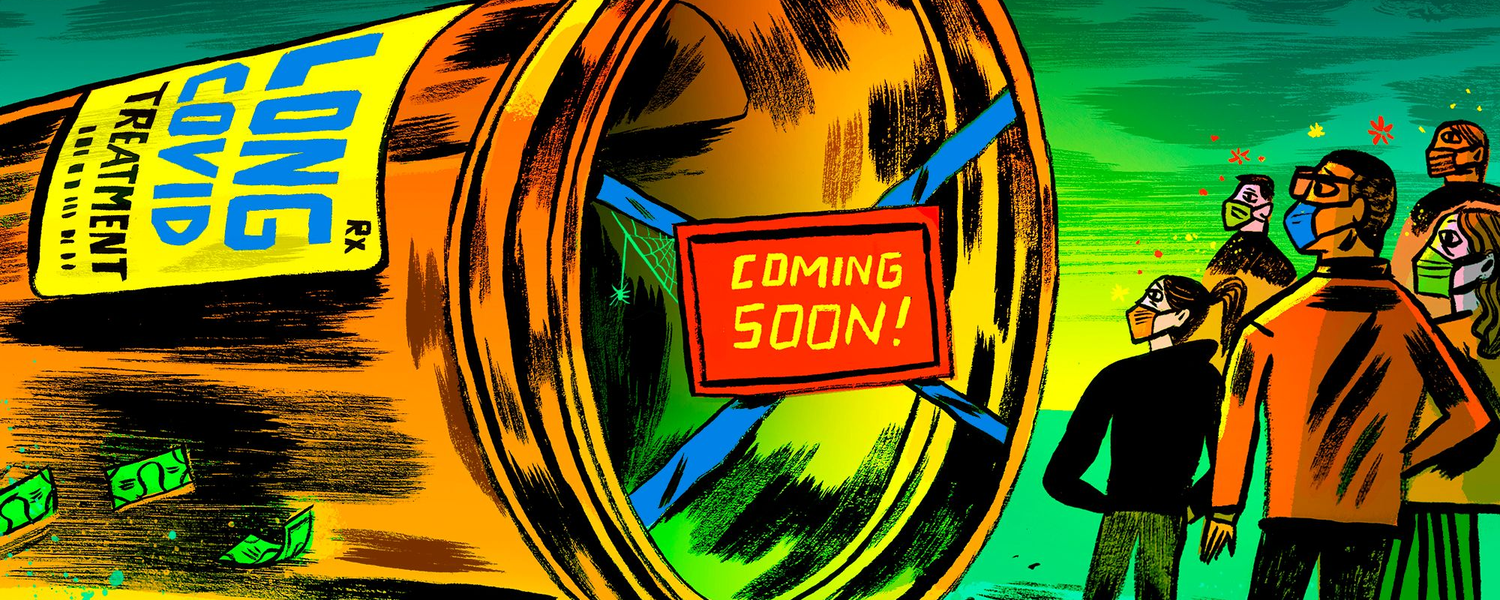According to People for the Ethical Treatment of Animals, as many as 100 million animals are used in U.S. laboratories every year. In order to have a better understanding into these practices in California, Assemblymember Brian Maienschein introduced new legislation to provide added transparency into animal research reporting.
Assembly Bill 889 is a three-fold bill requiring detailed reporting on animals used in research throughout the Golden State. More specifically, the bill would require reporting to include a total number of animals kept during the previous year and the purpose for which each animal was used. In addition, the bill would cover general categories of how animals are being used. All of the newly collected reporting must then be made publically available online in a state searchable database.
“Even the most mundane of research is stressful for animals, but we can’t have that discussion if we don’t have the numbers,” said the Director of Research Advocacy for the Physicians Committee for Responsible Medicine, Ryan Merkley. “It’s concerning that something is happening with public money, but what we should be talking about is if the public is in support of this type of research.”
Currently, the California Lab Animal Use Program requires scientists and researchers not registered with the federal government to report their animal use to the state’s Department of Public Health. Those registered under the federal government have to report to Animal and Plant Health Inspection Service, the Office of Laboratory Animal Welfare, the National Institute of Health, and the United State Department of Agriculture regarding their annual animal practices. While the program was initially lauded for its oversight, proponents of the bill say it fails to provide the full scope of reporting.
“On paper, it sounds like California is covering those non-registered facilities, but the problem is that the USDA collects information on less than 10% of animals used in labs,” added Merkley.
The Physicians Committee for Responsible Medicine is a sponsor of the bill and argue the Animal Welfare Act falls short in what it requires the NIH and USDA to collect as well as what it proactively discloses. Regardless of state or federal reporting, California labs must submit applications to the Department of Public Health for approval to keep and use laboratory animals. These applications are only made public through a state public records request.
Similarly, Merkley adds that reports collected on animal usage use overly broad terms such as “approximate daily averages” and lack precise numbers.
“It is overly crude and not exact,” noted Merkley.
## In a goal to arm requesters with knowledge, we’ve launched a new project page hosting state-by-state public record law stories and key players fighting for transparency in those states. Do you have a records struggle in your state? Let us know!
However, the California Life Sciences Association says current reporting standards suffice and adding additional requirements would create “an added burden” for researchers and scientists alike.
“If you are doing research funded by NIH or the USDA, you are already required to report extensively to them and sometimes accrediting agencies monitoring lab environments,” said Vice President of State Government Relations for the CLSA, Oliver Rocroi. “We were unsure why this bill would require the state Department of Public Health to compile a database of information that is otherwise available in federal databases.”
As of today, you can view NIH and USDA annual summaries and grant awards, among other documentation, on the agency website. CLSA says creating duplicative reporting poses financial barriers to institutions with limited manpower and budgets.
“The UC’s and state schools have a tough budget. These types of reports take lots of time, and because the way this legislation is written, you have to list a pain risk assessment for each report,” noted Rocroi.
In addition, the CLSA is concerned for scientist and researcher information and their personal privacy. As amended, AB 889 provides that application and reporting information is made publically available online. However, no exemptions are noted in the information required for release.

With looming financial limitations and privacy concerns, Merkley believes a lot of the arguments are “grasping at straws.”
“They just don’t want the public to know what happens with animal research,” said Merkley.
“We would support making existing information more readily available. That is a necessary component to understand the medical testing today and help educate the public of the things we do not do,” added Rocroi. “There’s a lot of misconception on what we do and don’t do in medical research.”
The California Committee on Health is set to hear the bill on April 9th. An amended version of AB 889 is embedded below.
Image by Maggie Bartlett via Wikimedia Commons




